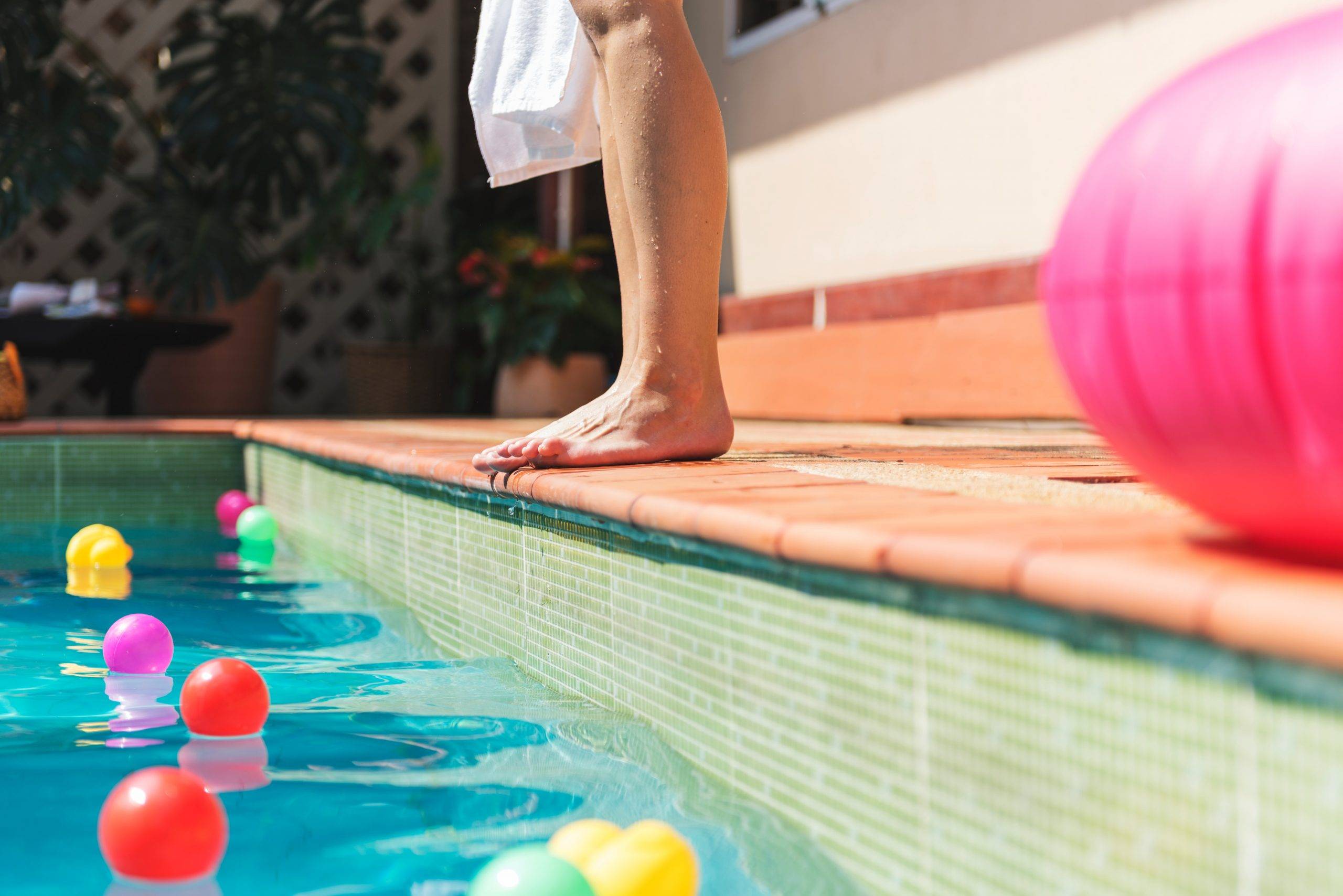T
Tal.1986
Hi all,
If you own a salt water pool (with chlorinator of course), does it means you don't use a service company for regular maintenance?
wondering if there's a need to pay those service companies as the chlorinator does all the work of me anyway.
I know there are other parameters to look but seriously, how hard does it gets to understand the pH level?
Thanks
If you own a salt water pool (with chlorinator of course), does it means you don't use a service company for regular maintenance?
wondering if there's a need to pay those service companies as the chlorinator does all the work of me anyway.
I know there are other parameters to look but seriously, how hard does it gets to understand the pH level?
Thanks


 There is no need to pay for a service to take care of your SWG. If your water is properly balanced and calcium/pH levels well controlled, the potential for getting calcium scale in the SWG cell plates is minimal. Even if you do get scale on the cell plates, it's an owner-user maintenance that can be performed. See more about this and TFP in the links below.
There is no need to pay for a service to take care of your SWG. If your water is properly balanced and calcium/pH levels well controlled, the potential for getting calcium scale in the SWG cell plates is minimal. Even if you do get scale on the cell plates, it's an owner-user maintenance that can be performed. See more about this and TFP in the links below.

